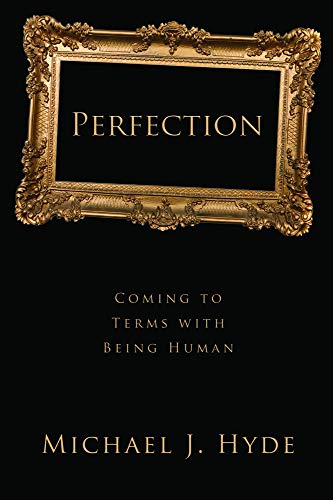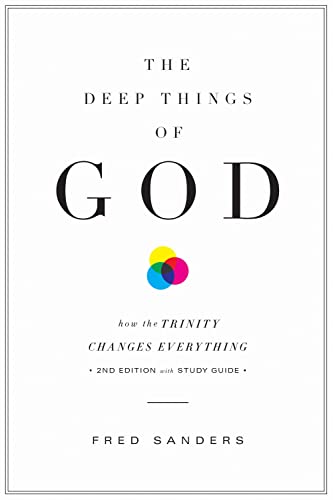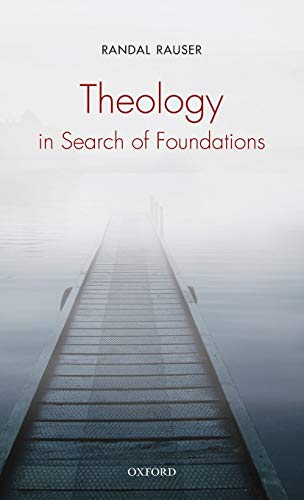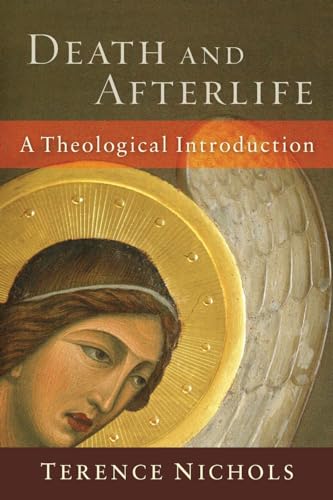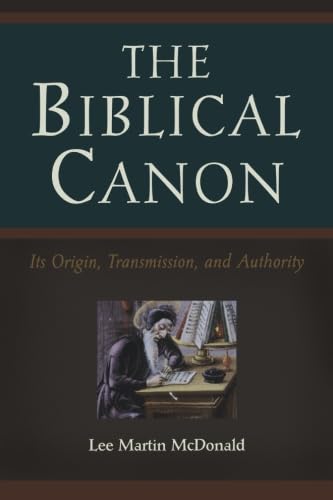From Eden to the New Jerusalem: Exploring God’s Plan for Life on Earth
Written by T. Desmond Alexander Reviewed By Michael J. ThateT. Desmond Alexander’s latest book, From Eden to the New Jerusalem, seeks to tackle some rather hefty perplexities—the purpose of earth’s existence and human life—through the telling of a “unique story” (p. 9). This “unique story,” of course, is the story of the Bible. It is precisely as a story and not stories—for no single writing in Scripture can satisfactorily be interpreted in isolation from the larger story (p. 10)—that divine revelation has been presented to us. That is, “a meta-story that claims to communicate absolute truth that cannot be discovered by any other means” (p. 9). But Alexander’s aim is hardly to remain at the exegetical or theoretical level. “Good theology always has pastoral implications” (p. 11), and his volume is as interested in the application and living of this meta-story as it is in the telling of it. The volume is more or less an extended essay on reading the Bible backwards. That is, reading the bible as Christian literature from the perspective of Rev 20–22, from Endzeit to Urzeit with proper appropriations for redemptive progression.
The first main chapter introduces the organizing principle of Alexander’s pan-biblical theology, viz., the concept of divine presence. This survey of the theme of divine presence, he argues, “reveals a fascinating and coherent progression from Eden to tabernacle to Jerusalem temple to church to New Jerusalem” (p. 73). These topoi are the substance of Alexander’s focus. The Eden scenes are in fact adumbrations, or the protological figuration of both tabernacle and temple. “As models of the ideal cosmos, the tabernacle and the temple are designed to remind people of God’s original purpose for the world” (pp. 40–41). Throughout the volume in general and this chapter in particular, Alexander is keen to show how these mediatorial modes of divine presence are in fact “replaced by the church” (p. 60). In other words, it is in the church where God now intends to remind humanity of God’s original purposes for the world (cf. p. 188), and through which he intends to reclaim his world (p. 189). Though there is mention of the incarnation as significant for this proposal (cf. pp. 17, 191), the move from former modes of figuration to the church is uncomfortably direct for at least two reasons. First, it moves too quickly over the realities of Jesus-as-temple and the host of signification at play with later reflections on union and participation. Again, Alexander hints at this, but the move is only exacerbated by, second, his uses of terminology such as “superseding” (e.g., p. 61).
The second main chapter is actually a sharp refocusing of the first problem. Where Adam and Eve failed as viceroys of the Divine, Jesus succeeded as the faithful viceroy (p. 92), and the people of God now stand in Christ as God’s priests to the world. The third main chapter looks at Rev 20:2, creatively reading the appearance of the serpent in Eden as a sign of Adam’s failure to guard the holy sanctuary from impurity (cf. Lev 11; Deut 14; see p. 104n4). The fourth main chapter reads the occurrences of “lamb” in Revelation in light of its OT precedents of Passover and sacrificial atonement, with Jesus redeeming creation through his death. It is as the slaughtered lamb that Jesus reigns. The fifth main chapter surveys the concept of holiness and its connections with the nations. The chapter also views holiness and the tree of life as motivating capital for both ecological and social transformation (pp. 157–70). Though one wishes for more thoughts on the enactment of this moral vision and perhaps a bit more nuance in his moves from ancient texts to contemporary contexts, the attempt is entirely noble and laudable.
The seventh and final main chapter more or less angles the tension of Babylon and the New Jerusalem. These cities “represent contrasting worlds,” (p. 175) and there is therefore a need for a code of cultural conduct. Alexander handles the apocalyptic genre with admirable deftness here. Apocalyptic isn’t intended to cause one to abandon Babylon but to motivate citizens to live holy lives within the city. “While our inheritance still lies in the future, we must claim our citizenship now” (p. 187), living faithfully and for the social betterment of the other. Because Revelation is rather concerned with economic exploitation, it makes good sense that Alexander would have something to say about contemporary economic practices. I did find his criticisms of competitive capitalism, however, a bit strange (pp. 183–85). He states that competition “is about doing better than others and there is nothing very Christian in this” (p. 184). I’m not too sure about that. Competition is hardly non-Christian. I remember a former football coach of mine, a devout Roman Catholic, would lead us in prayer before our games, asking that each team would play to the best of their abilities. At first this struck us all as strange. Why would we want our competition to play to the best of their abilities? But competition viewed from my former football coach’s perspective brings out the betterment of all sides and is actually a form of seeking the best of the other and is actually quite biblical (cf. Rom 12:10; Heb 10:24–25). In other words, a critique of global capitalism on the basis of competition entirely misses the point. There are massive reasons to critique the hegemony of global capitalism—with all its tilted tables and perverse structures keeping the bottom rung of the ladder of upward economic mobility just out of reach for so many—but competition is one of the “lesser evils” of insurance which allow for socio-economic mobility.
Though certainly not above criticism—with all its talk of metanarrative, for example, there is no mention of the deep suspicion of such language in our current cultural moment—I do hope this volume will be read widely and its contents considered by and appropriated in future studies. Those interested in biblical theology will find From Eden to the New Jerusalem interesting as will those committed to living the vision of new creation.
Michael J. Thate
Michael J. Thate
Durham University
Durham, England, UK
Other Articles in this Issue
Most of our readers are theological students and pastors...
The Dazzling Darkness of God’s Triune Love: Introducing Evangelicals to the Theology of Hans Urs von Balthasar
by Stephen M. GarrettJürgen Moltmann observes that Christian theology and the Church face “a double crisis: the crisis of relevance and the crisis of identity...
Plots, Themes, and Responsibilities: The Search for a Center of Biblical Theology Reexamined
by Daniel J. BrendselIn the prolegomena to his “approach to biblical theology,” Charles H...
Since the mid-twentieth century biblical scholars have increasingly accepted that the texts of the Bible must be interpreted in terms of their literary genres...
The present age tends to regard polemics, theological controversies, and all-round doctrinal fisticuffs as, at best, a necessary evil, at worst, one of the most revolting aspects of Christianity...



